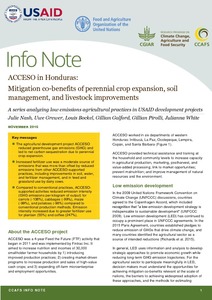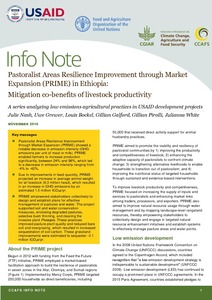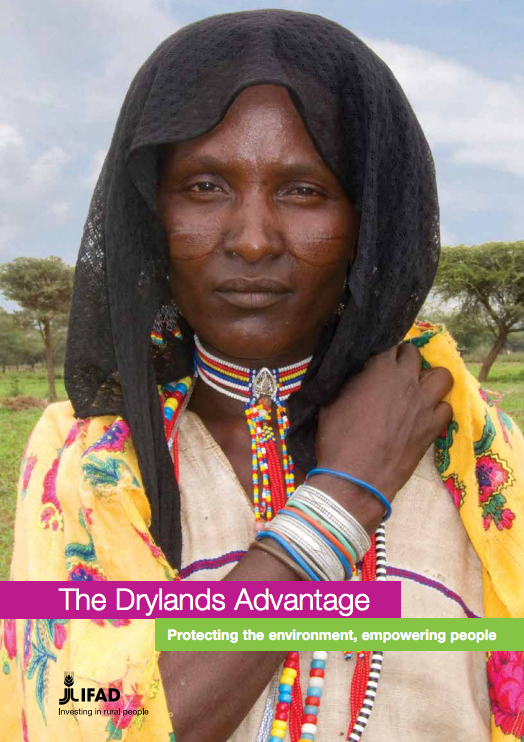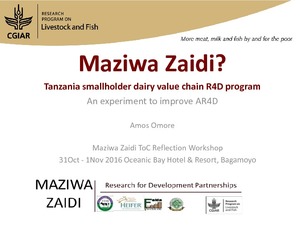ACCESO in Honduras: Mitigation co-benefits of perennial crop expansion, soil management, and livestock improvements
The agricultural development project ACCESO
reduced greenhouse gas emissions (GHG) and
led to net carbon sequestration due to perennial
crop expansion.
? Increased fertilizer use was a moderate source
of emissions that was more than offset by
reduced emissions from other ACCESOsupported
practices, including improvements in
soil, water, and fertilizer management, and in
feed and grassland use by dairy cows.
? Compared to conventional practices, ACCESOsupported
activities reduced emission intensity







